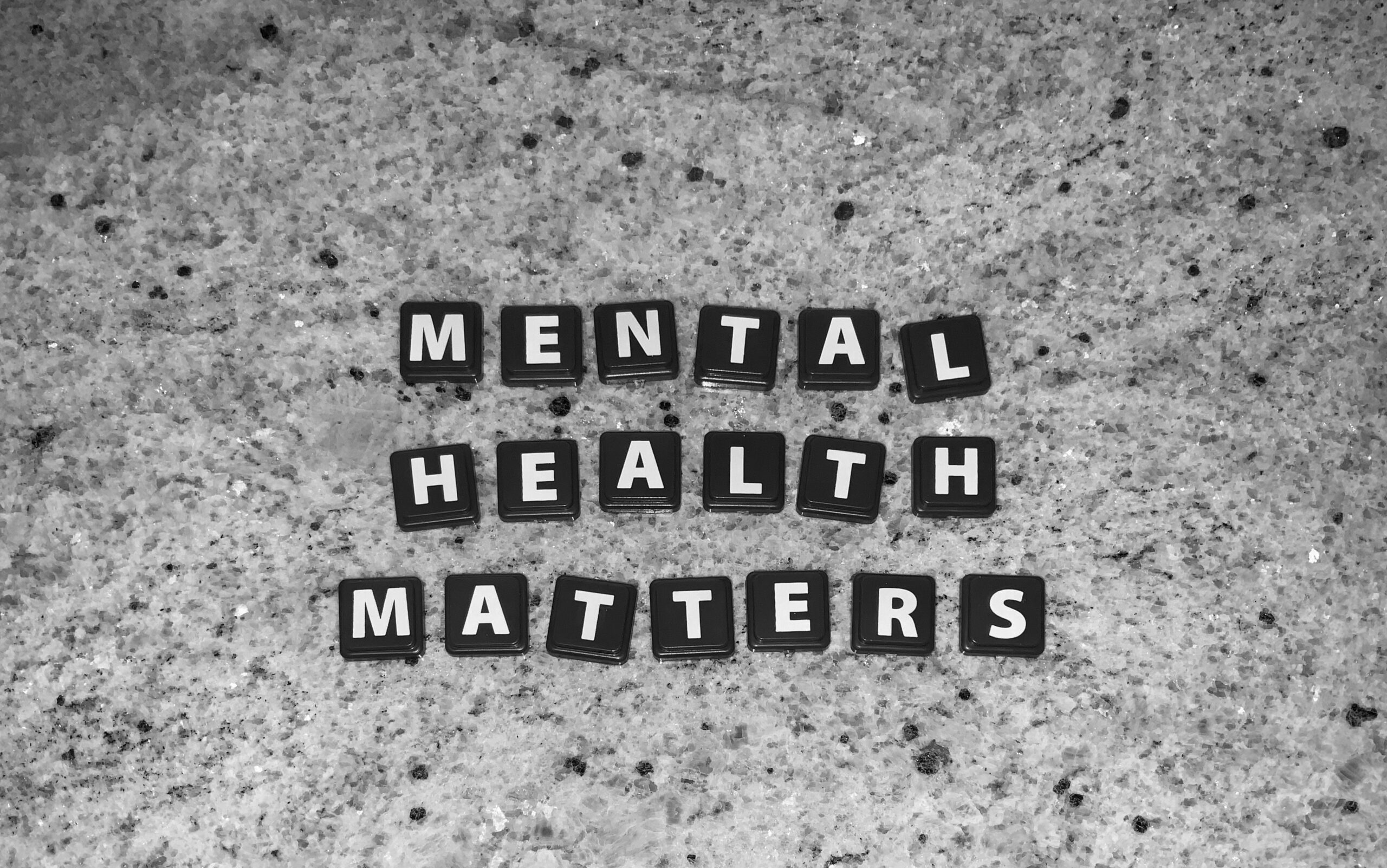Residential treatment clinics serve as essential pillars in the process of mental health rehabilitation. These institutions offer a safe haven for persons who are working toward recovery from mental health disorders. For many people who are looking for a way to get back to well-being, their role is really necessary.
In addition to providing a safe and meticulously organized environment, these centers offer a safe haven away from the daily stimuli and obstacles that can be detrimental to the rehabilitation process. People who are dealing with significant mental health disorders can benefit tremendously from this controlled atmosphere since it offers a much-needed break from the pressures that come from the outside world and enables them to concentrate solely on the process of recovery.
One of the most important aspects of residential treatment programs is the availability of continuous care, which includes mental health professionals who are available around the clock. On account of this, residents are guaranteed to be able to get rapid and appropriate intervention at any time, which is an essential component for individuals who require an extensive support system.
The philosophy that underpins residential treatment clinics is based on the idea that therapy should be approached from a comprehensive perspective. In order to do this, they employ a holistic method that takes into account the complex interaction that exists between mental, physical, and emotional wellness.
This all-encompassing approach recognizes the complex nature of mental health problems and seeks to address the underlying causes of these problems rather than simply treating the symptoms that are associated with them.
Individuals who are suffering from mental health disorders can choose from a wide variety of treatments and therapies that are designed to meet their complicated requirements. The spectrum of interventions is designed to assist a complete rehabilitation process.
These interventions include cognitive-behavioral therapy, which aims to change harmful thought patterns, as well as the therapeutic advantages of physical activities and creative arts.
Individuals are encouraged to recognize and comprehend the interactive relationship that exists between the various parts of their health when they adopt a holistic attitude. It encourages a more widespread knowledge of the ways in which lifestyle, nutrition, and physical activity can greatly impact mental well-being, so encouraging individuals toward behaviors that assist a more balanced and sustainable recovery.
The variety of therapeutic modalities that are offered, which includes both individual and group therapy in addition to creative and alternative treatments, makes it possible to formulate a rehabilitation strategy that is specifically customized to the individual. This individualization of treatment guarantees that the specific requirements for recovery of each individual resident are satisfied.
Within the context of these centers, the provision of support from peers emerges as an essential component of the healing process. It is possible for residents who are traversing similar roads to find peace and support in the sense of community and mutual understanding that exists among them. This can strengthen the journey toward recovery.
Equally as important is the emphasis placed on providing residents with crucial living and coping skills, preparing them for obstacles that may arise after treatment, and assisting them in reintegrating into regular life with a newfound sense of resilience.
The involvement of family members is an essential component in the process of strengthening the support system for those who are undergoing treatment. In order to facilitate the development of a more robust network of support, which is necessary for long-term recovery, residential facilities encourage the participation of family members in therapeutic and educational activities.
It is essential for residential treatment centers to offer complete aftercare and transition planning in order to ensure that patients continue to make progress following departure from the facility. In addition to ensuring that clients have access to the resources they require to continue their journey toward recovery, these services are intended to provide support for ongoing mental health care.
